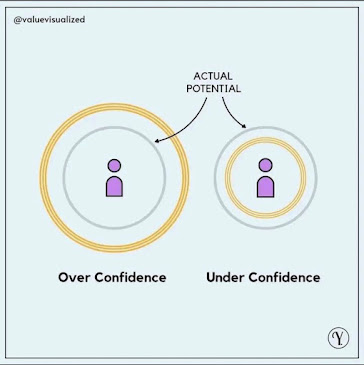A Set of Cognitive Routines That Work for Middle School Students in Charter Schools
For some African American-run charter schools, the mission of a learning organization is sometimes an in-depth lesson in school site survival (teacher shortages, payroll, leadership changes, founders syndrome, community branding, internal organizational communication, and cultures inside of workgroups resisting change); resources are available, but to use the resources, we need to have resources. As I move forward in my mission to share educational strategies for charter schools, I am documenting instructional practices in leadership to assist our K-8 scholars in middle schools break into the 70 proficiency mark, shortly thereafter, 90 to 100 with Gifted and Talented scholars fully identified and immersed on multiple levels. The theory is great - but practice, failures, and new beginnings make for rising to perfect (almost).
By Don Allen, M.A. Ed./MAT
Charter schools have emerged as a viable alternative to traditional public schools, offering innovative approaches to education and providing students with unique opportunities for success. In particular, middle school students in charter schools can benefit greatly from a set of cognitive routines that are specifically designed to enhance their learning experience. These routines not only foster critical thinking skills but also promote creativity, collaboration, and problem-solving abilities. By implementing these cognitive routines, charter schools can ensure that their middle school students receive a high-quality education that prepares them for future academic and professional endeavors.
One essential cognitive routine that should be incorporated into the curriculum is metacognition. Metacognition refers to the ability to think about one's own thinking processes. By teaching middle school students how to reflect on their learning strategies and monitor their progress, charter schools can help them become more independent learners. This skill will prove invaluable as they progress through higher levels of education and face increasingly complex challenges.
Another crucial routine is inquiry-based learning. Instead of simply memorizing facts or regurgitating information, middle school students in charter schools should be encouraged to ask questions, investigate topics of interest, and seek answers through research and experimentation. This approach not only fosters curiosity but also develops critical thinking skills by requiring students to analyze information critically and draw conclusions based on evidence.
Collaborative learning is yet another routine that should be emphasized in charter schools. Middle school students need opportunities to work together on projects or solve problems as part of a team. Through collaboration, they learn how to communicate effectively, respect diverse perspectives, negotiate differences, and develop leadership skills – all essential qualities for success in the 21st-century workforce.
If you have tech in your classrooms and someone teaching who understands Web 3.0 Tools, communication, and 'systemness,' incorporating technology into our classroom becomes more vital for preparing middle school students for the digital age - outside of social media, i.e., sending an email, writing a block letter, etc. By integrating and intentionally using educational apps, online resources, and interactive platforms into daily instruction, charter schools can engage students in meaningful and relevant ways. Technology not only enhances student motivation but also provides opportunities for personalized learning, immediate feedback, and access to a vast array of information. (Note: Every middle school student in 5-8 should be watching CNN-10 every morning in homeroom; middle school children know very little about local, national, and international events - CNN-10 will close the gap, and wonderful discussions will rise.)
My charter school and other charter schools in the Twin Cities have the unique opportunity to implement a set of cognitive routines that can significantly benefit middle school students. By incorporating metacognition, inquiry-based learning, collaborative learning, and technology into their curriculum, charter schools can provide an education that goes beyond traditional methods. These routines foster critical thinking skills, creativity, collaboration, and problem-solving abilities – all essential qualities for success in the modern world. It is imperative that charter schools embrace these cognitive routines to ensure that their middle school students receive the best possible education and are well-prepared for future academic and professional endeavors.




Comments
Post a Comment